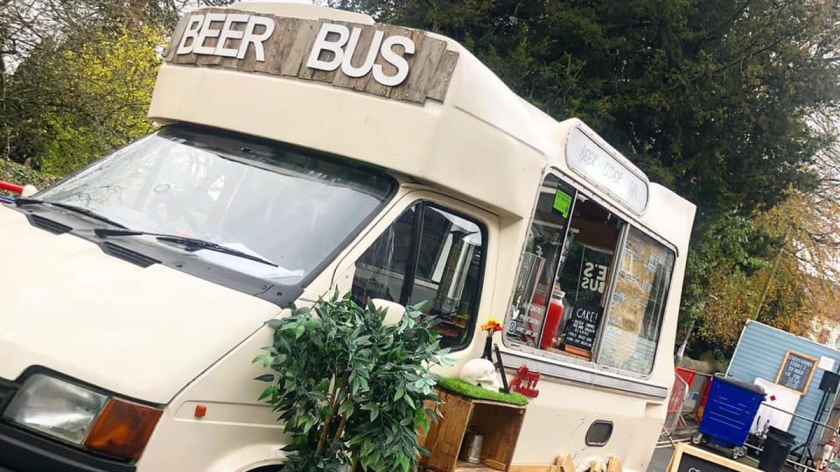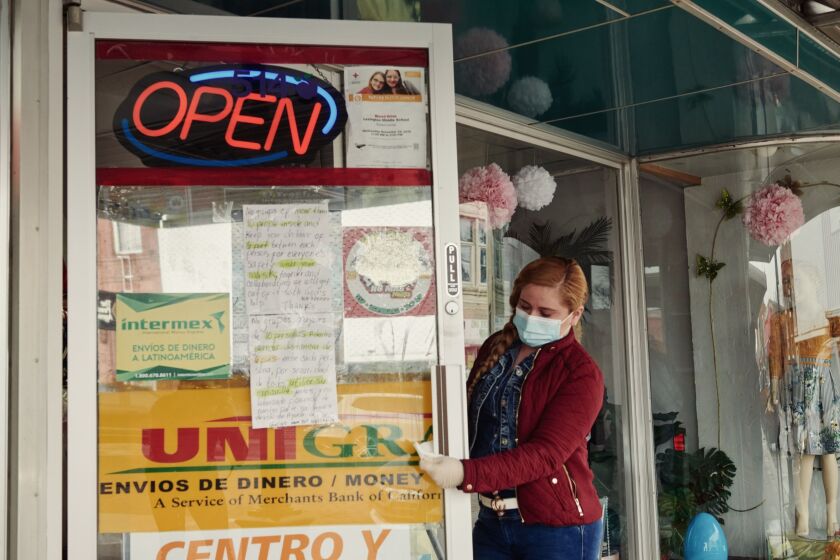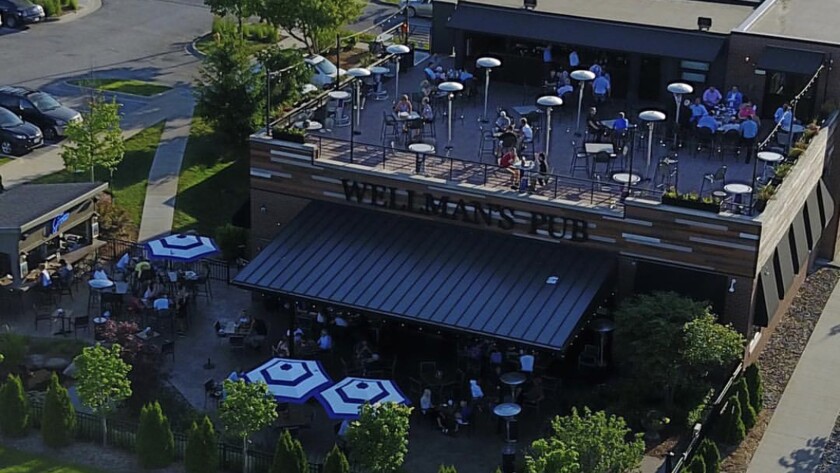Brick-and-mortar merchants that have shifted to online have changed their risk profile, causing conflicts with the fintechs like Square that handle their payments. And that could be an opportunity for banks.
Even though a portion of retailers could rely on e-commerce to keep active during coronavirus shutdowns, reopening brick-and-mortar shops may be even harder amid new safety concerns.
For Starbucks, the pandemic’s emergency workarounds are also a proving ground for a retail concept that could change the way people visit quick-serve restaurants.
The immediate lockdown of the nation’s economy in response to attempts to flatten the coronavirus infection curve has had a widespread impact on the revenues of all businesses, particularly small ones that are more susceptible to economic disruptions.
Alfie’s Beer Bus found a niche as an offbeat character at events in the U.K. — like an ice cream truck, only with alcohol. Then the coronavirus came.
Restaurants and retailers which saw their physical outlets closed down by the coronavirus pandemic have been scrambling to stay in business with the help of omnichannel retail software vendors.
The race to provide coronavirus relief for small businesses is opening new routes to fund payments, including underused credit lines.
The coronavirus pandemic has changed the way many industries conduct business — and that's especially true of the legal cannabis industry, which was already struggling in the U.S. to find the best way to handle noncash payments.
Walt Disney Co. has at least temporarily cut several reservation and incentive features tied to its closed loop payment system, revealing the complexities of mixing health guidance with tourism.
The coronavirus shutdowns have tossed businesses into disarray in numerous ways, most notably the tricky transactions that come with operating a restaurant as a drive-through for the first time.












